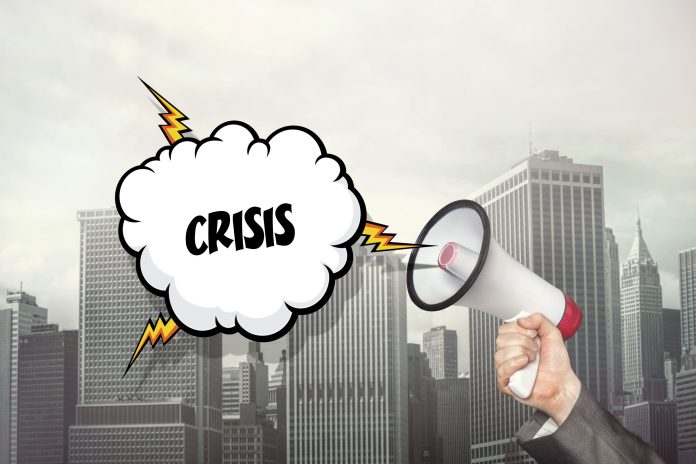Be a crisis optimist – This is the message that award-winning public relations firm, The Reputation People, is encouraging businesses to take on board.
A corporate crisis has become a case of “when, not if”. According to statistics from the PwC Global Crisis 2019 survey, 69% of business leaders have experienced a corporate crisis in the last 5 years – and a staggering 95% expect to face one in the near future.
But it isn’t all doom and gloom. Edinburgh-based crisis communications expert, The Reputation People, explains that behind every corporate crisis is a significant opportunity to drive brand awareness and improve your market position.
“Generally speaking the public are very forgiving when something goes wrong, especially if it isn’t your fault,” said Heather Astbury, Managing Director and Co-Founder of The Reputation People. “But what they won’t forgive is poor communication, because that is entirely under your control.”
When a corporate crisis turns viral, we have all seen how a well-managed communications plan can quickly turn a negative situation into one that is positive. Rapid response, utmost honesty and consistent statements all play a part in the successful crisis communications we see in the media.
However, it is important to remember that not all crises are subject to a media frenzy or are in fact newsworthy.
Many smaller businesses overlook the need for a crisis communications plan, due to not being directly in the public eye. But from an ill-timed tweet to a negative customer review, in an age where virtually everyone has the ability to post content online, having a robust crisis plan has never been more essential.
Heather continued: “Best practice is to issue your first communication within 15 minutes of becoming aware of an issue. At that point, you probably won’t be able to say very much, but it is important to say something to establish yourself as the authority and source of credible information.
“In order to act that quickly, you have to be properly prepared in advance.”
To conclude, you cannot wait until a crisis happens to decide how you are going to handle communication. Businesses need to identify potential threats, prepare clear, consistent statements and select, brief and train spokespeople.
The Reputation People pride themselves on being experts in crisis communications. Their vast range of experience has helped organisations, from small, independently-owned businesses, to large global PLCs, to ensure that they are prepared in the face of a corporate crisis.
To learn more about The Reputation People, visit www.thereputationpeople.com.
For further information on their crisis communications training and workshops, contact hello@thereputationpeople.com.







